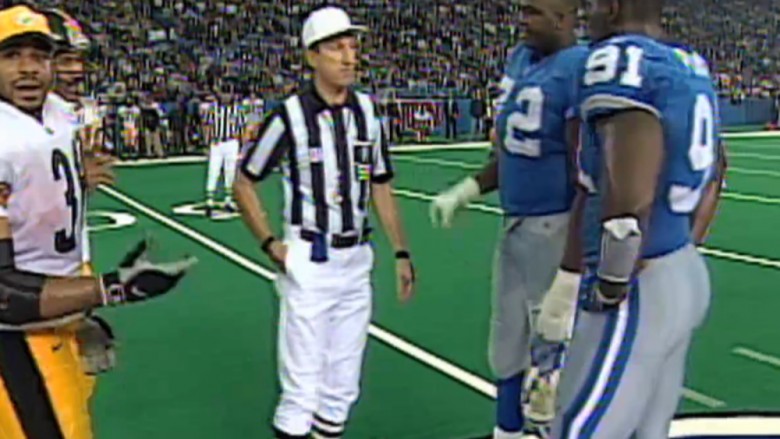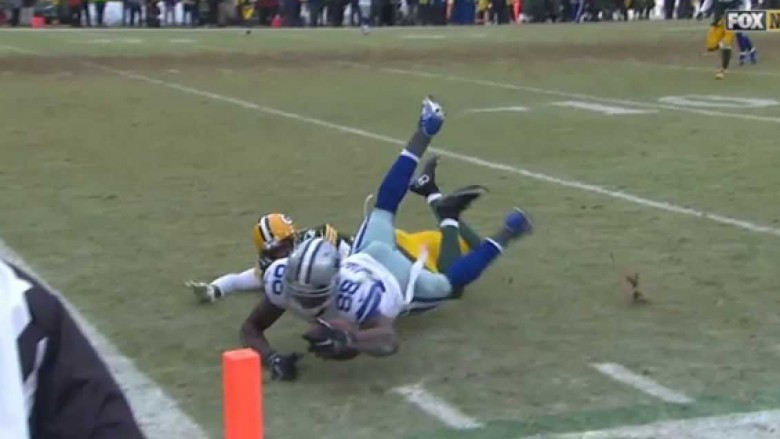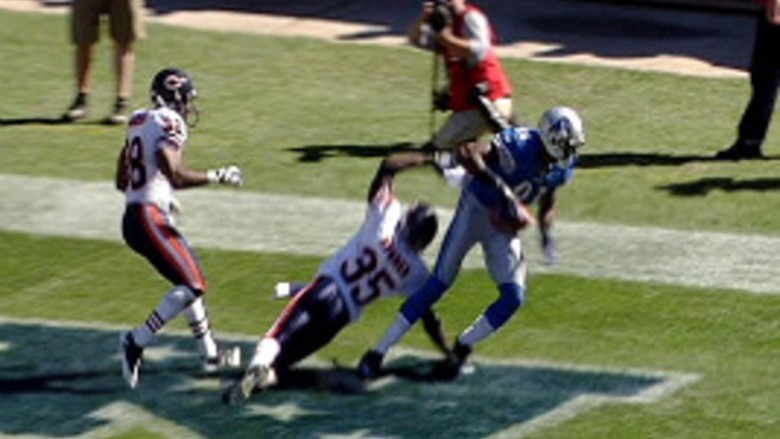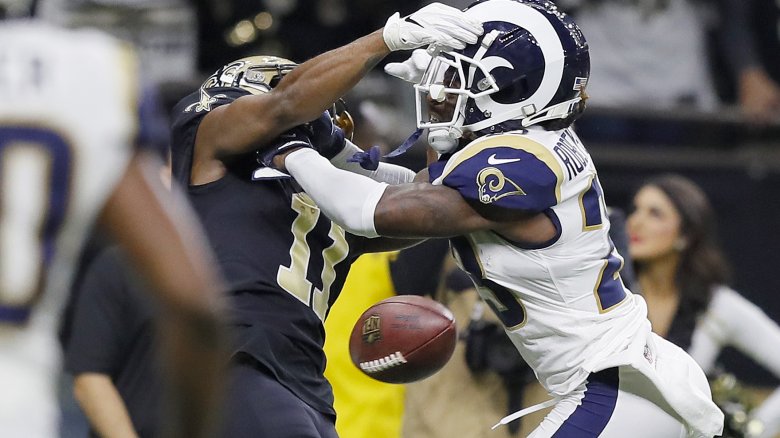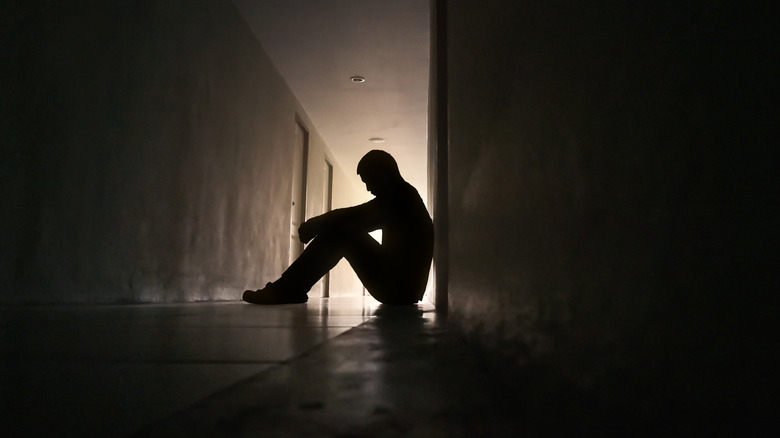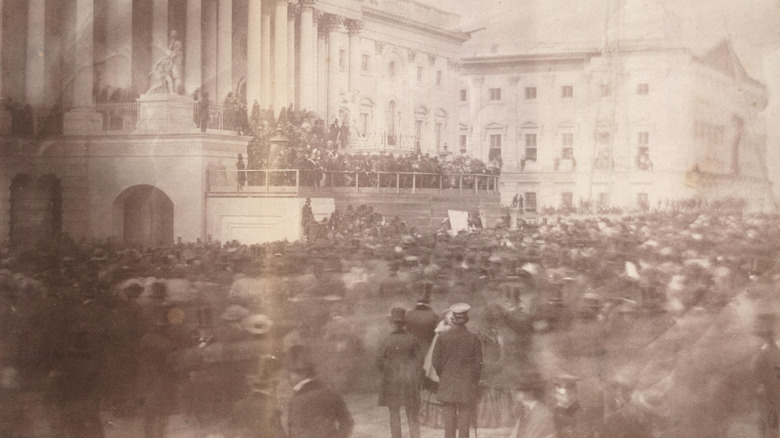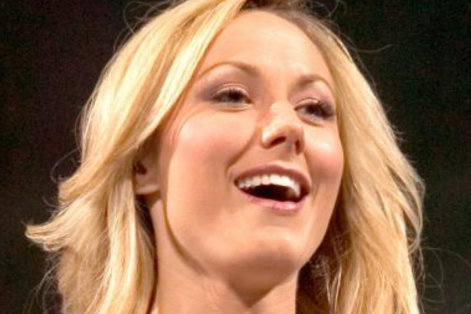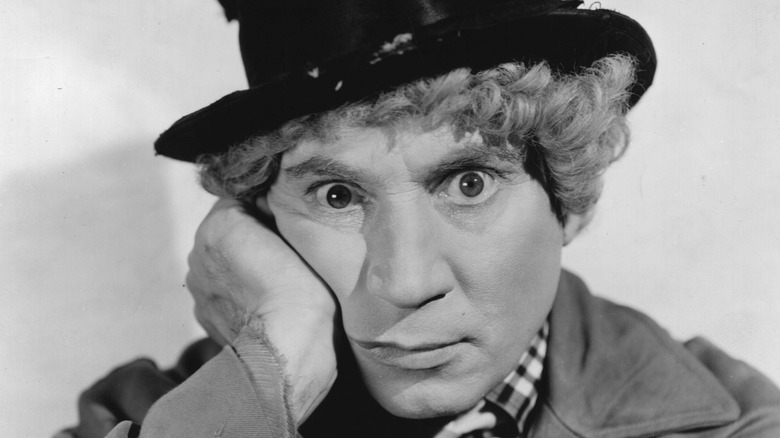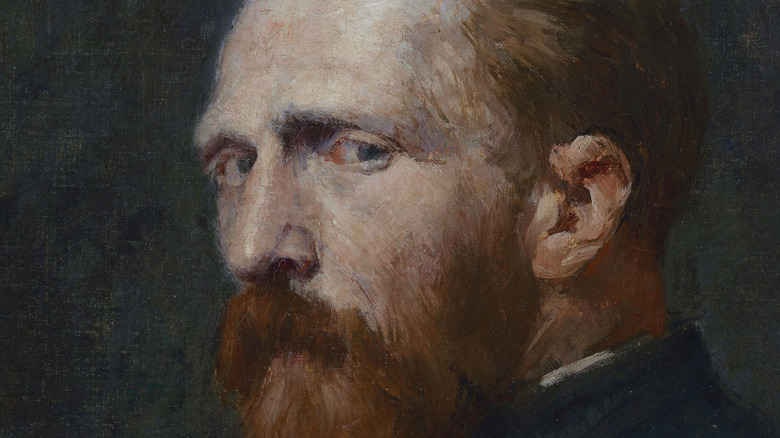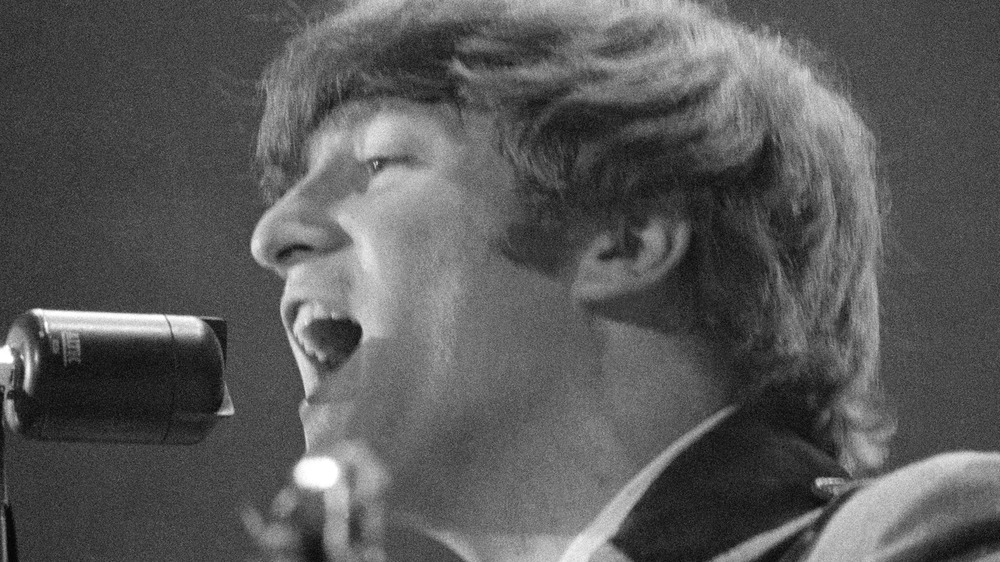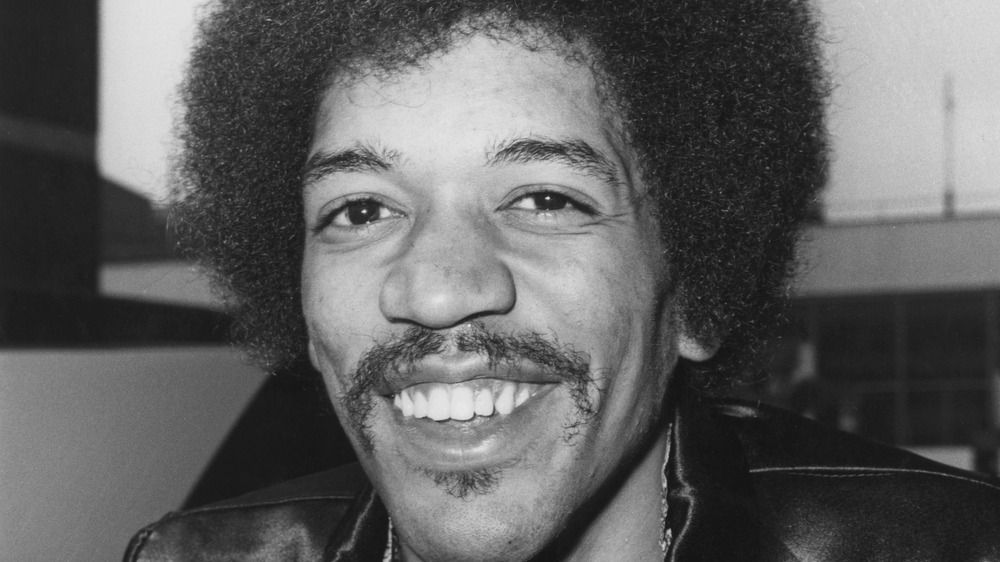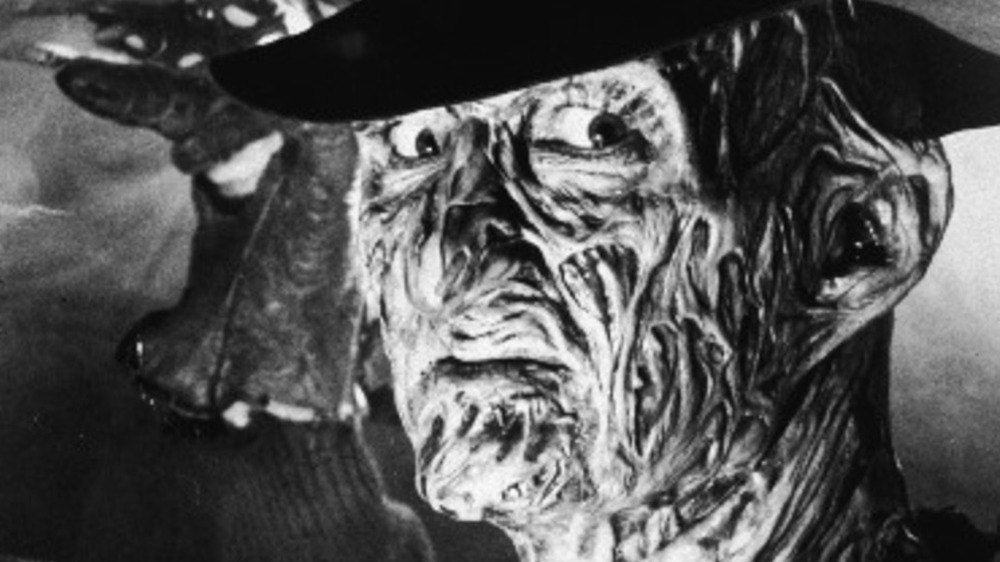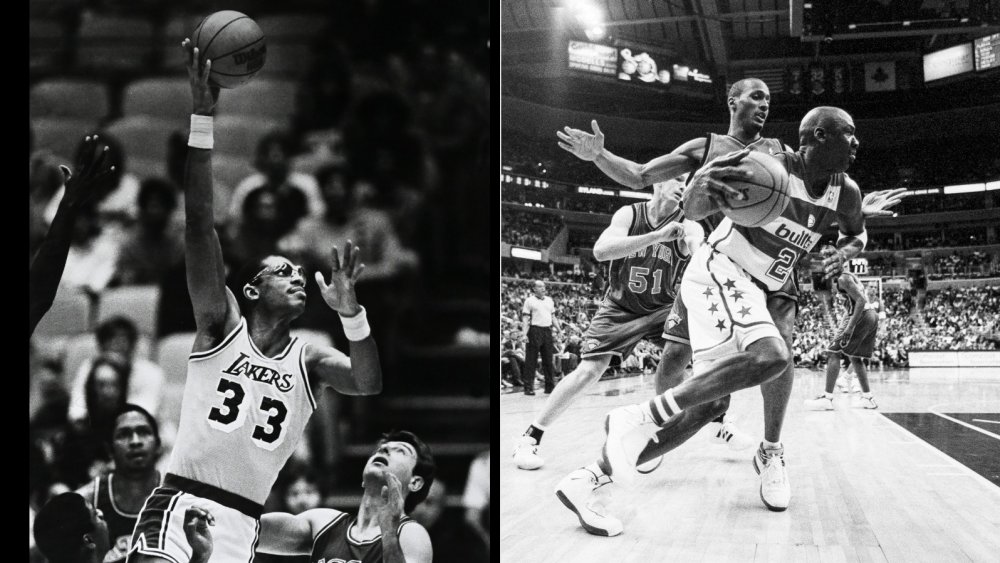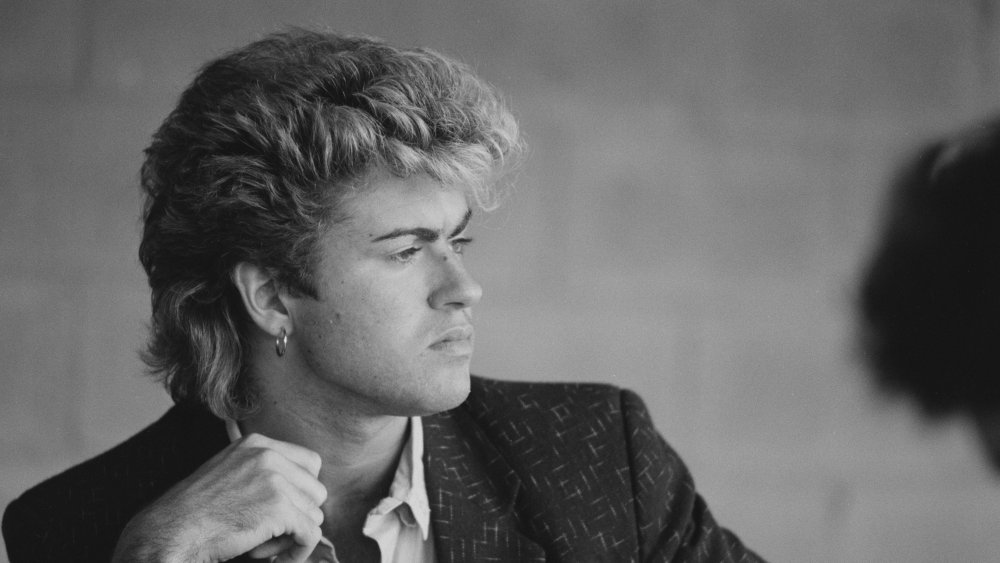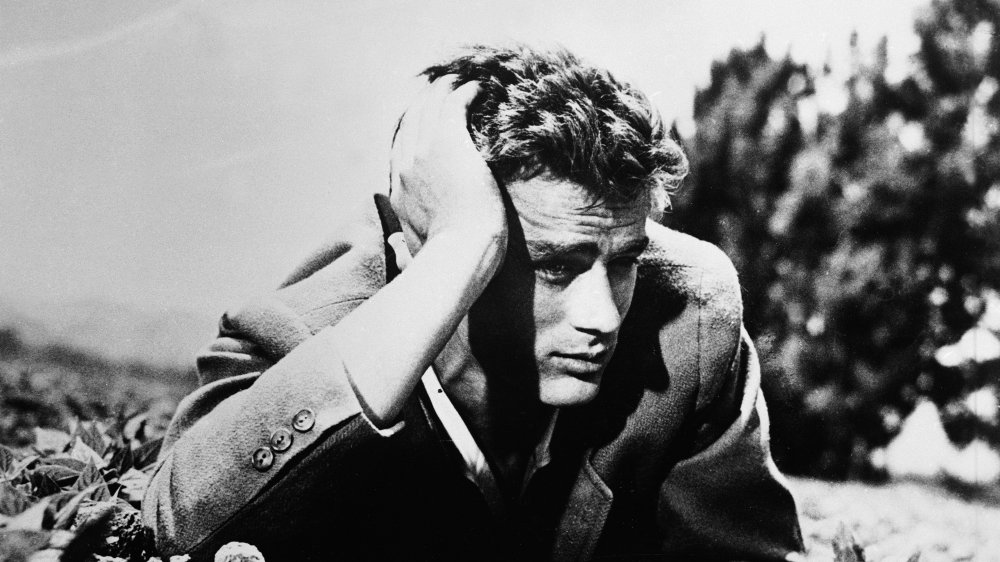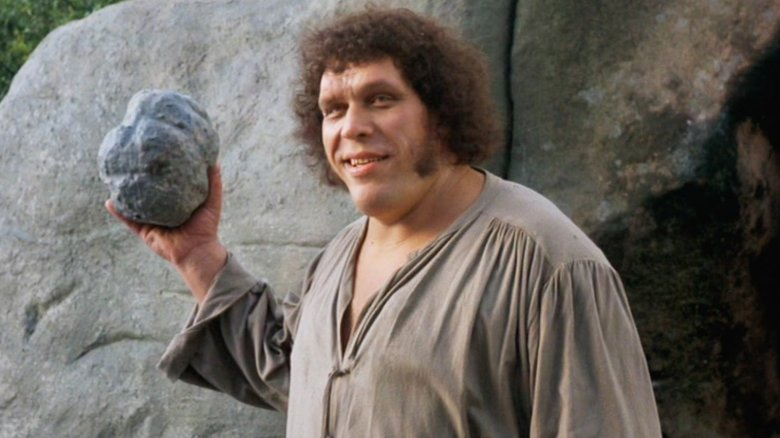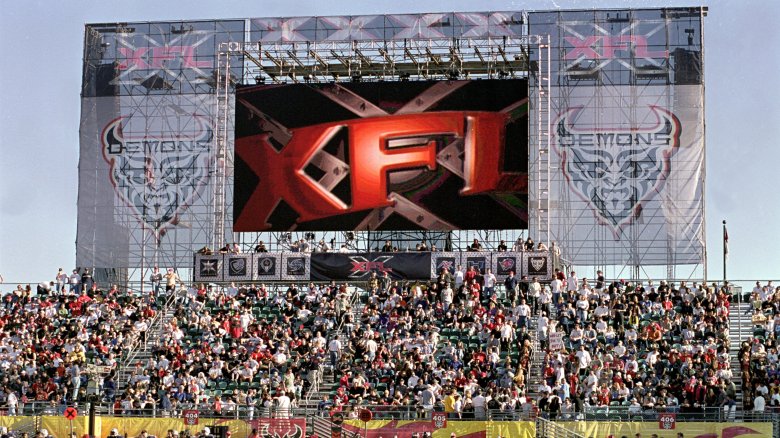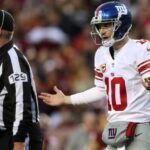
The Worst Referee Calls In NFL History
NFL referees are hard-working individuals who get way more calls correct than people realize. When they do make a bad call, however, it’s a doozy — some are so bad, they directly affected the outcome of games and sometimes forced the NFL to change their rules so something so stupid doesn’t happen again. Here are the worst referee calls in NFL history.
The ref who couldn't read a coin
Thanksgiving traditionally has the Detroit Lions playing every year. And 98% of the time, the Lions have sucked and their games have been snooze fests, which is great for a little after turkey nap. The 1998 Lions/Steelers game, however, was quite memorable, but not for anything the Lions did. Nope, fans remember this game for the coin flip.
Steelers captain Jerome Bettis had the honor of calling the coin in the air. Bettis called “tails,” but referee Phil Luckett heard “heads.” The coin landed tails, the Lions won the toss, received the ball, marched down the field, kicked a field goal, and won the game. Pittsburgh fans were irate, and Phil Luckett became the poster boy for bad refs — if you can’t get the coin flip right, what can you do?
Here’s the thing, though: Luckett actually corrected himself on the call. he said “he-tails,” almost like he started to say heads, but quickly corrected himself. Regardless, he clearly can be heard saying “tails” on the broadcast. Incidentally, after that win, the Lions didn’t win again and the Steelers didn’t either — it was the Luckett Curse!
That time the Jets scored a non-touchdown touchdown
Late in the 4th quarter, of a Jets/Seahawks, the Jets trailed the Seahawks, 31-26. Only a touchdown could win it for the Jets. Quarterback Vinny Testaverde tried to catch Seattle napping from the five-yard line and ran a quarterback sneak — he actually made it in, for the touchdown! Maybe! At least one referee said he was in, and another said he was short. The Jets ultimately got the home field call, and it was ruled a game-winning touchdown.
However, the television replay showed that, beyond a doubt, Vinny did not make it to the goal line — it should not have been a touchdown. The Jets won 32-31, and Seattle got hosed. But something very important came out of the game — the very next year, in 1999, the NFL voted to re-institute instant replay after a seven-year absence. The Jets non-touchdown TD directly contributed to its return.
The Catch II
After two very controversial calls in the 1998 regular season, the NFL put it all behind them and had an error-free playoffs … until the last game of the first weekend of the playoffs. So, they didn’t last long before Mr. Bungling yet again.
The Packers were facing the 49ers, and the Pack took the lead with two minutes to go. The 49ers could only win the game with a last-second touchdown. And that’s just what they got, as Terrell Owens made an unbelievable catch with only :03 seconds left to win it for San Francisco. The game is recalled as “The Catch II,” since what happened was just that memorable.
Only problem is, the play should have never happened. Earlier on the drive, Jerry Rice clearly fumbled after making a catch with :44 seconds left in the game. The referee blew the play dead, even though Green Bay obtained clear possession of the ball — he didn’t see the fumble! In the ref’s defense, he was only staring directly at the play when it happened, so how can you expect a guy to actually catch that? Had instant replay been in use, Green Bay would have won.
The Music City Miracle
By the time the 1999 season rolled around, the NFL could safely rely on instant replay to solve all the referee errors, and there was nary a controversy again … until that year’s playoffs. That didn’t take long.
See, the Tennessee Titans were a miracle team, knocking off the 14-2 Jacksonville Jaguars and coming within one yard of tying (or possibly winning) the Super Bowl against the Rams. There’s a lot of people, however, who think they never should’ve gotten the chance to do either. Earlier in the playoffs, with 18 seconds left and the Bills up by a single point, Frank Wycheck lateraled a kickoff to speedy Kevin Dyson, who returned the ball 75 yards for the winning touchdown now known as the Music City Miracle.
Thing was, it seemed pretty clear to the naked eye that it was an illegal forward pass, and thus should not have counted. There was instant replay, except the cameras weren’t situated perfectly to get the right angle — plus, Wycheck threw the ball from a funny arm angle that made determining the actual trajectory difficult.
There’s only three groups that say for sure the pass wasn’t forward: Titans fans (the homers), gamblers that bet on Tennessee, and the referees who really don’t like to be wrong. Even well-respected NFL journalist Adam Schefter declared it the wrong call — the ball traveled forward. But the head referee announced “the call stands,” meaning that there isn’t enough video evidence to overturn it. It also means that, had a referee thrown a flag for an illegal forward pass, that call would have stood. So they screwed up twice. Wonderful.
Duke Johnson's not-fumble
Nothing sums up the Cleveland Browns 2016 season more than fumbling the ball, immediately regaining the ball, and having the refs reward the other team the ball anyway. After all, they’re the Browns — they weren’t going to do anything with it anyway.
Down four points in the 4th quarter, running back Duke Johnson fumbled, but instantaneously shot up with the ball. Washington Redskins players responded with a sub-schoolyard trick, huddling around on the ground as if they were protecting a player with the ball, and the ref somehow fell for it! Despite Johnson holding the damn ball, she pointed Washington’s way and awarded the ball to the Redskins. Replay reviewed the scrum, and somehow concluded, “Yep, Washington’s ball even though they didn’t have it.” Or some words to that effect.
Head of officiating Dean Blandino explained that — get this — Johnson having the ball didn’t mean he had the ball — it could have just squirted out after Washington gained possession. You know that saying “possession is 9/10’s of the law?” The NFL is where the 1/10th resides.
Colts' ball, no, Patriots' ball! It was Colts' ball
Sometimes blown calls happen early in games, and they get forgotten. And sometimes, teams run the most ill-conceived fake play ever and that’s all you can remember from the game because HAHA Colts.
And then there’s both. In 2015, the New England Patriots traveled to Indianapolis to take on the Colts. Early in the second quarter, Mike Adams intercepted Tom Brady and took it back for a touchdown. On the ensuing kickoff, the Colts got tricky and attempted an onside kick — the original call said Colts ball, but after a brief referee huddle, the call reversed, and the Patriots got the ball. Instant replay was inconclusive despite replay 10000% showing a Colts player on the ball. So much for replay!
You can say it was only the second quarter, but New England scored four plays later and won by seven. So yea, it had a big impact on the game. Besides, if the refs didn’t blow that call, the Colts don’t run the dumbest fake play in the history of the Milky Way, where they snapped the ball to a defensive back on a fake punt, with no blockers and 53 guys in front of him. The fake didn’t work, but you already knew that.
Dez Bryant's non-catch that was totally a catch
There’s one consistency to blown referee calls — nobody knows what a catch is. There’s “possession” and “act of completing a catch,” both of which are much more subjective than they should be. This makes the supposedly simply act of deciding “did somebody catch a damn ball or not” more difficult than drunken astrophysics.
During the 2014 playoffs, the Dallas Cowboys faced off against the Green Bay Packers in freezing cold Wisconsin. Late in the 4th quarter, and down 26-21, the Boys faced a 4th and 2 from the Packers’ 32-yard line — three points wouldn’t get it done. Going for it, Tony Romo looped a perfect pass to Dez Bryant, who made an acrobatic catch and got all the way to the one-yard line!
Except … did Dez have possession and complete the act of the catch? The Packers certainly didn’t think so (we think they might have been biased) and challenged the ruling of a catch — off to replay we go! The ball did indeed get poked out of his hands, but Bryant quickly recovered, took two steps, and then hit the ground, which jarred the ball loose. There’s a bunch of things going on here: Bryant took two steps, and was ruled down so the ground can’t cause the fumble, we know he was down before the ball came loose, because his elbow hit the ground and one elbow equals two feet (the NFL makes Common Core look like Sesame Street). So of course, those two things didn’t matter and the play was overturned to “not a catch.” Green Bay never gave the ball back to Dallas, and held on to win. And al anyone in Dallas technically caught was a case of the sads.
That time a ref saw a penalty, but his boss didn't, and the boss is always right
Just a week before Dallas got hosed on Dez Bryant’s catch/not-catch, they were gifted a call that facilitated their win against the Lions. With about 8:30 to go in the 4th quarter, Detroit held a slim 20-17 lead, and a 3rd down and 1 from just inside Dallas territory. Everyone watching saw the same thing — Cowboys linebacker Anthony Hitchens interfered with tight end Brandon Pettigrew, clearly grabbing his arm prior to the ball getting there, which is much a penalty as a penalty can get.
The referee in charge of watching that play threw a flag, which should’ve been the end of it. However, he was overruled by Head Linesman Jerry Bergman, who claimed there was no grab because from where he was standing — at an obviously bad angle to see anything — he couldn’t see it. Dallas later scored the go-ahead touchdown and won 24-20, pretty much the definition of getting away with one.
The stolen touchdown that led to the Calvin Johnson Rule
Hey cool, it’s the Lions again! Week One of the 2010 season saw the Lions driving against the Chicago Bears, down 19-14 with 30 seconds to go. Shaun Hill threw a perfect pass to Calvin Johnson, who made a spectacular catch to give the Lions the lead. As Johnson pivoted to the ground — after catching the ball, mind you — he put the ball on the ground and it squirted away.
This was well after he hit the ground so it should’ve been whatever — that didn’t stop the initial touchdown call from being overruled by another ref (again with that!) and the play called incomplete. The excuse was that Megatron didn’t “complete the process” of the catch — replay upheld the call with a “stands” ruling. But … huh? He hit the ground, which means he’s down! And don’t forget that if the football breaks the endzone for even a millisecond and then gets swatted away, it’s still a touchdown. Basically, the NFL has two sets of rules for touchdowns — the ball needs to break the plane of the endzone for a touchdown, but if a receiver catches a pass, gets two feet down, gets his body down, and then puts the ball on the ground after the play is done, then it’s not a touchdown. Makes perfect sense.
The botched call led directly to a new rule clarifying what a catch is, referred to as the Calvin Johnson Rule. But if you think that cleared things up, you are sorely mistaken — Johnson lost another touchdown three years later to almost the exact same play. So much for clearing things up.
The Immaculate Reception
Time for the most famous “crazy” play in NFL history, the one even your Aunt Roxie who knows nothing about football is familiar with. During the 1972 playoffs, the Steelers’ Franco Harris caught a deflected ball — barely grabbing it before it hit the ground — and ran it into the endzone for a game-winning, 60-yard touchdown. And there was much rejoicing.
Here’s what a plethora of people don’t know — the referees convened for 15 minutes before deciding that, yes indeed, it was a touchdown. The NFL wouldn’t see a more boring 15 minutes of uselessness since the next Up With People halftime show. But the play in question wasn’t “did Harris snatch the ball” — it was “off of whom did the ball ricochet?” See, prior to 1978, the NFL inforced a double-touch rule, saying an offensive player couldn’t be the first to possess a tipped ball from his own teammate. The slow motion replay made it appear the ball hit the Steelers’ Frenchy Fuqua’s hand, so the Immaculate Reception should’ve actually been the Illegal Reception.
Reports immediately after the game said TV replay played a hand in the final decision, with referee Fred Swearingen calling the press box and asking fellow ref Art McNally what he thought of the play. McNally denies he offered any evaluation of the play, however. The player who could end all the speculation is Faqua, but he’s mum on who the ball hit. Really, though, with an awesome nickname like Frenchy, let’s just let sleeping dogs lie.
The replacement refs make us all miss the real refs
It’s funny how life comes full circle. One day you’re trying to burn a referee in effigy, and the next, you’re begging for their return.
Prior to the 2012 season, the NFL and the referees clashed over money, which led to a lockout. The NFL responded by using replacement refs from Division-III college football or the Arena Football League. Fans learned quickly that NFL referees are actually pretty good at their jobs, because the replacement refs were flat-out awful.
The play that cemented it happened between the Packers and Seahawks. The Pack held a slim 12-7 lead at the very end, when Seahawks QB Russell Wilson heaved a desperation throw to the end zone, only to have Packers safety M. D. Jennings intercept the attempt. One referee signaled interception, and another called it a touchdown. NFL rule state if two players have possession, the ball goes to the offensive player. But the Seahawk in the endzone didn’t have possession — he only slightly had a hand on the ball. Ultimately, it was ruled a touchdown because the replacement refs … well, yeah.
The play lives on in NFL annals as the “Fail Mary,” and it led directly to the NFL ending the referee lockout two days later. The only way this could’ve been any more of a fiasco is the NFL had dug a bunch of XFL refs out of the mothballs. And let them play.
It's hard to play defense in this league, they said
The NFL has seen plenty of rule changes in recent seasons, some to promote safety and others to promote scoring. Many have complained that it’s not longer possible to play defense in the NFL because the league believes viewers just want to see more points scored. If that’s true, then fans were probably pretty excited about the Rams-Chiefs game on Monday night in November 2018, which saw 105 points scored and really seemed more like a college football game. But when the Rams took on the Saints in the playoffs, it became clear that some refs didn’t get the league-wide memo sent out back in 1912 or whatever on one of the oldest rules in the game: pass interference.
In the fourth quarter of the NFC Championship Game, the Saints were knotted with the Rams at 20-20 with just under 2 minutes remaining. On third and 10 from the Rams’ 13-yard line, Drew Brees threw a nice, classically Drew Brees pass to receiver Tommylee Lewis near the goal line. Just before the ball got to Lewis, however, Rams cornerback Nickell Robey-Coleman showed up, blasting Lewis (pass interference) and making significant helmet-to-helmet contact (also a penalty). The Saints home crowd went understandably wild. They knew their team could punch in the ball from the 2-yard line, about where it would be placed after such an obvious penalty. Then they went wild for the opposite reason. The ball wasn’t going to be put on the 2 because the refs didn’t throw a flag. Ouch. Instead of running the clock down and scoring, the Saints were forced to kick a field goal. The Rams answered and won the game in overtime and a new rivalry was born.

Top Three Players In The MLS

The Untold Truth Of Naomi Osaka
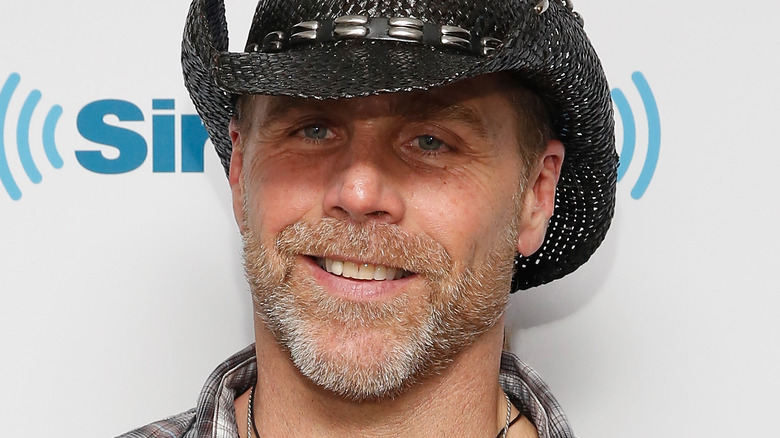
The Truth About Shawn Michaels' Addiction Struggles
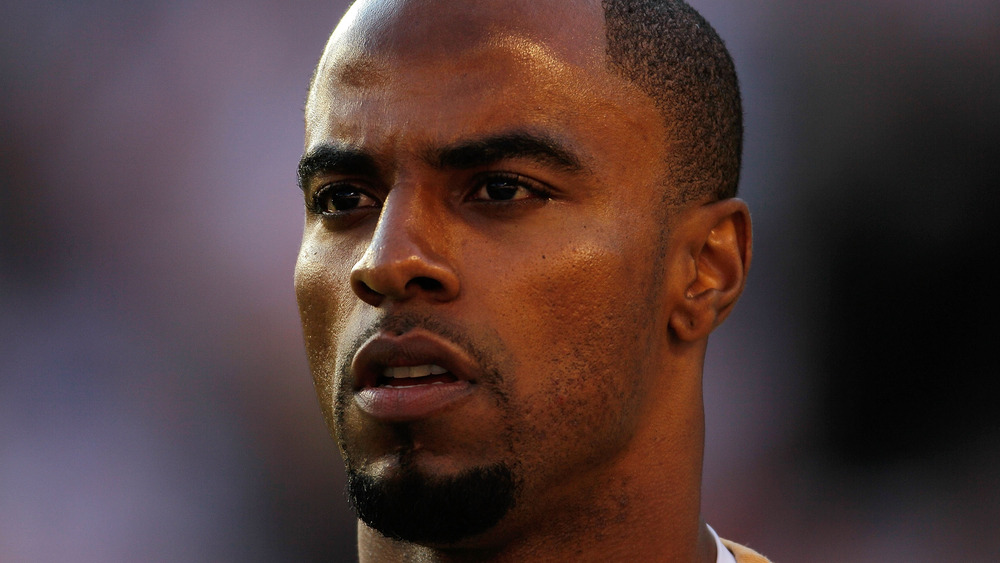
How Darren Sharper Ended Up In Jail
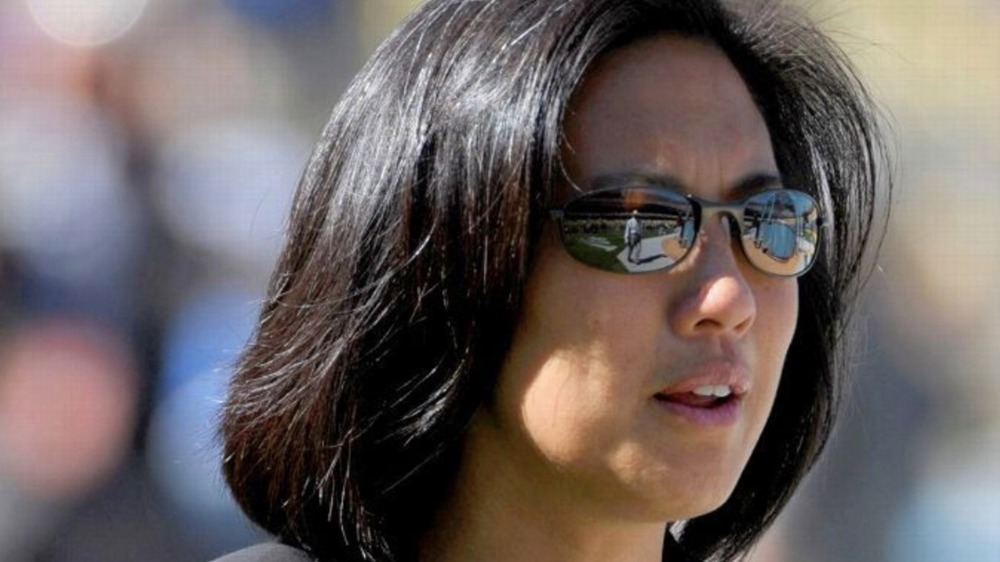
The Untold Truth Of The First Female GM In Baseball History
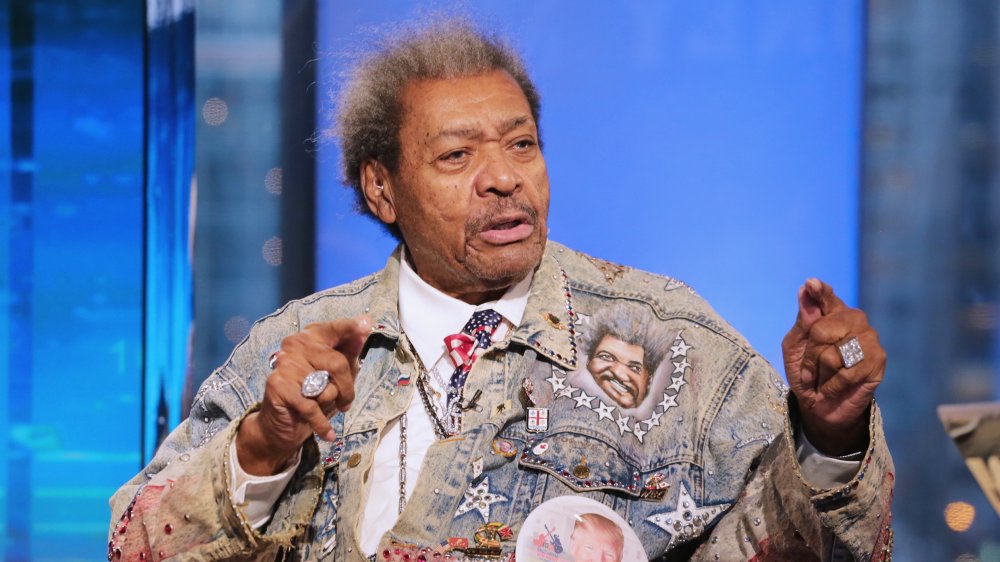
The Time Don King Tried To Unite North And South Korea Through A Boxing Match

Details You Didn't Know About Madonna And Dennis Rodman's Relationship
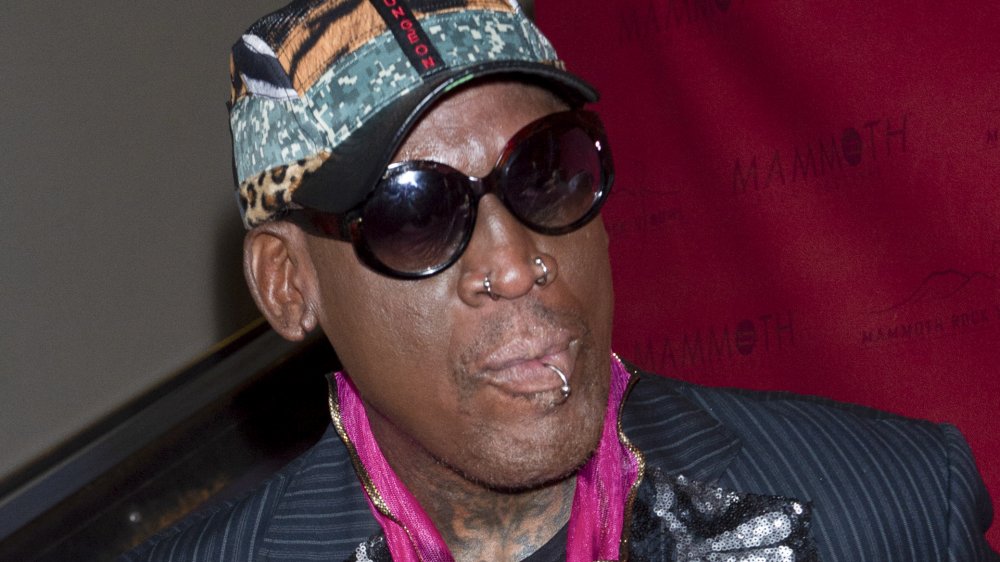
The Tragic Childhood Of Dennis Rodman
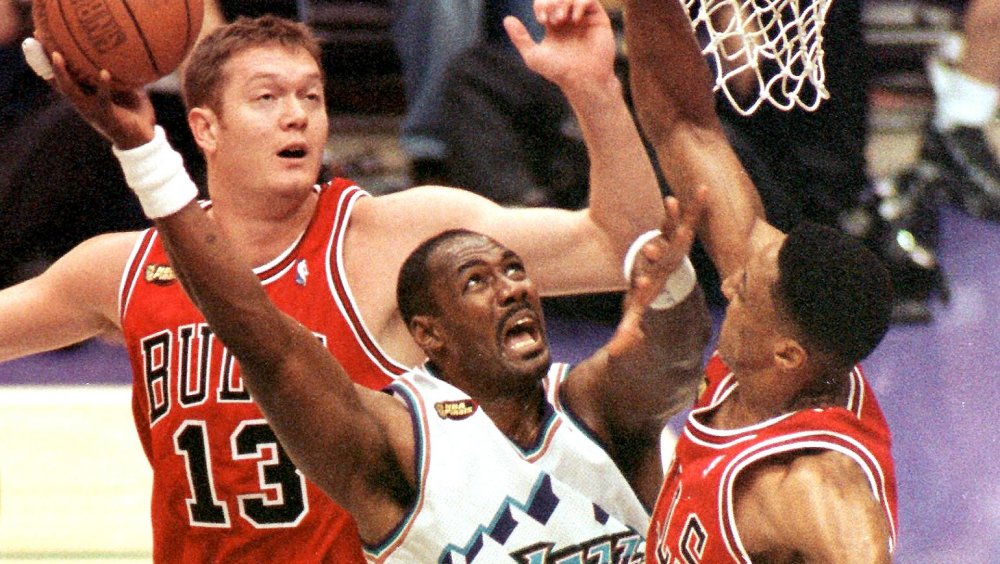
The Real Reason Karl Malone Wasn't In The Last Dance
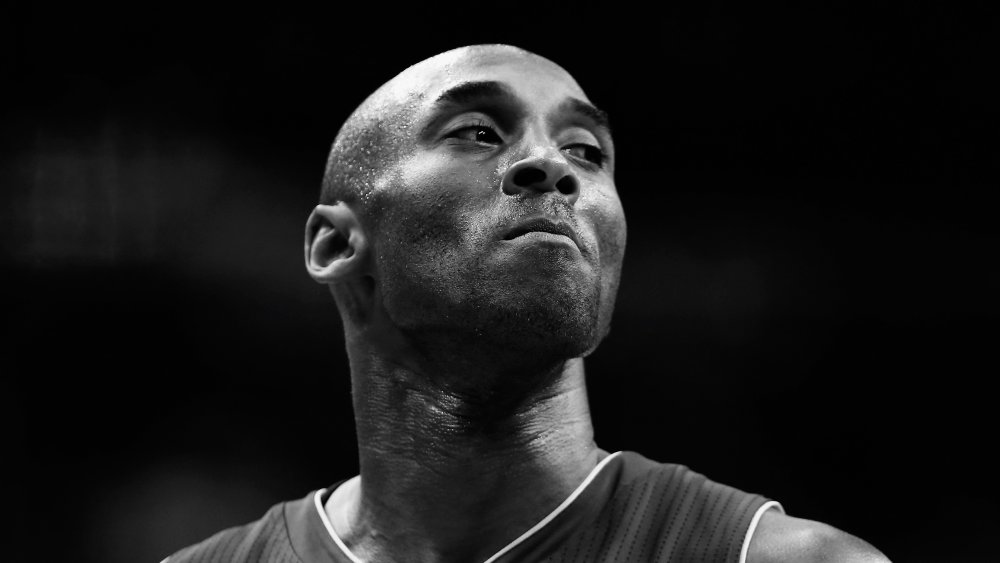
The Timeline Of Kobe Bryant's Entire Career
